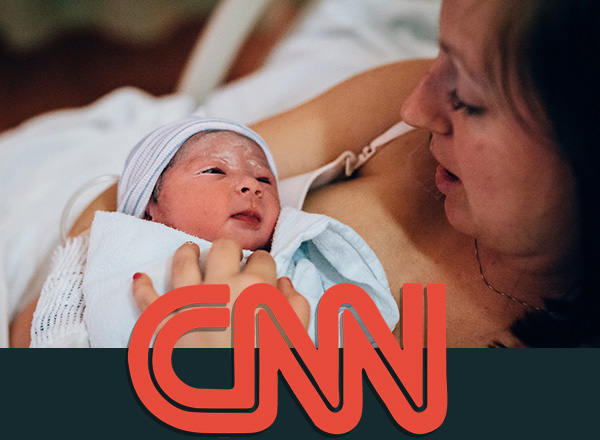Are Blocked & Damaged Tubes Fixable?
I am 40 years old and have been trying to have a baby for six years. I had a laparoscopy about a year ago that showed I have a few things wrong: a blocked tube, endometriosis and a cyst. Plus the fingerlike things that are supposed to help guide the eggs in the right direction are bent the opposite way. My doctor said she didn't want to try and fix them, because it was too delicate an operation and might make things worse. Do I still stand a chance? Can they be fixed? B.D.
Before we could offer any guidance in a case like this, we would need more information. There are many other factors that we would need to consider before proceeding with tubal repair.
To begin with, at age 40, monthly odds of conception are significantly lower than 10 percent for most women -- and that's with all things being optimal; as you described them, they are not. In some women, age has already adversely affected their eggs to the point where egg donation would be required. To determine age-related infertility, we would need to conduct a clomiphene challenge test or a test of day 3 FSH, estradiol and inhibin B. It would also be important to consider the fertility of the woman's partner. You did not mention whether your partner had a semen analysis. He should have this test before you have surgery. Unfortunately, too many physicians will take their patients to surgery before checking the male. If this happened in your case, that should send up a red flag that you are getting infertility care by a less-experienced physician.
You also mention endometriosis. Some research has suggested that the presence of minimal endometriosis will lower your monthly odds of conception by about 30 percent.
Overall surgical success to repair tubes with damaged ends is about 10-50 percent. However, without a video or photo of the ends of your tubes, we would have no idea how best to advise you. Your physician, who did see your tubes, obviously wanted any surgical repair to be performed by a more experienced surgeon. It is unfortunate that too many women enter the operating room expecting to get competent infertility care only to find that they need a second surgery because the first surgeon did not have the skills to deal with the abnormalities he or she found.

